Understanding R-Values in Insulation
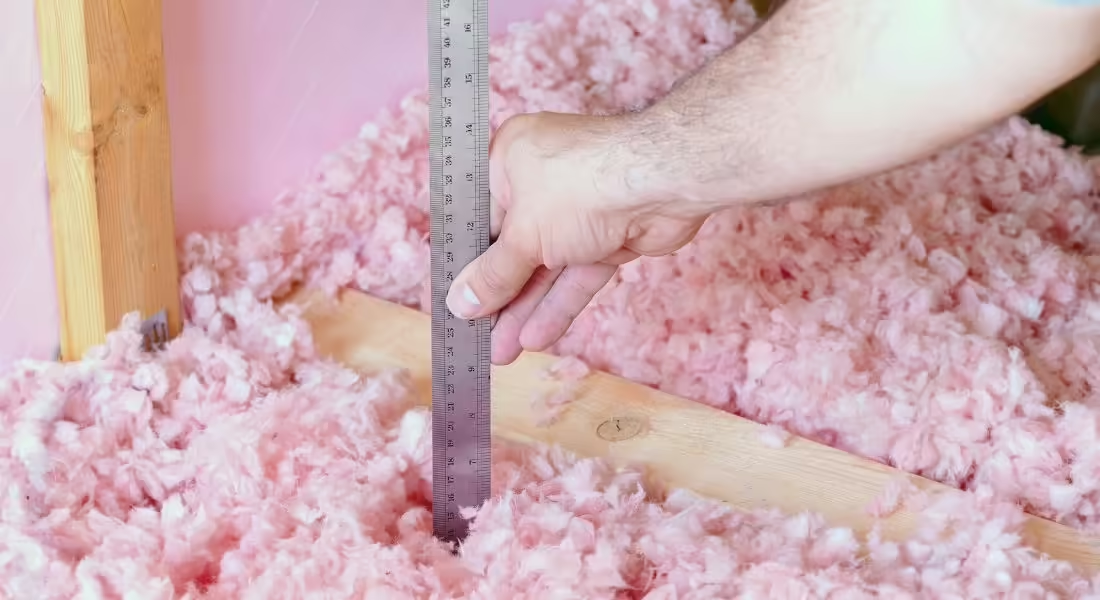
When deciding on what type of insulation to install in your home, it is important to consider its R-value. An insulation’s R-value is a measure of its ability to resist the conductive flow of heat. In other words, the R-value will give you a good idea of how effective the insulation will be. The higher the R-value is, the better an insulation material will be at preventing the flow of heat into and out of your home. To better understand R-values in insulation so that you can choose the best insulation type for your home, consult this guide.
How to determine what R-value you need
When determining what R-value your insulation should have, there isn’t one standard number to aspire to. The ideal R-value for your insulation will depend largely on two main factors: the part of your home that you’re insulating and the regional climate zone that you live in. Typically, attics and ceilings should have an R-value between R-30 and R-60 while the R-value of exterior walls generally ranges from R-13 to R-21. However, you should consider the location of your home when determining the ideal R-value for a specific area.
Insulation types with the highest R-value
The following insulation types are known for having some of the highest R-values. As such, properly installing them in your home should effectively prevent the flow of heat into and out of your home.
- Closed-cell spray foam R-value: 6.5 per inch
- Mineral wool R-value: 4-5 per inch
- Cotton batts R-value: 3.5-4 per inch
- Open-cell spray foam R-value: 3.5 per inch
- Fiberglass batts and blankets R-value: 3.0-4.0 per inch
Factors that impact the R-value of your insulation
The R-value of a material will depend on several different factors. Aspects that impact the R-value of insulation include the type of insulation, the thickness of the insulation, and the density of the insulation. Typically, the thicker and denser a material is, the higher the R-value will be. In addition, R-value may also be impacted by the temperature of an area, the age of the material, and the amount of moisture that has accumulated.
The R-value of insulation will depend largely on proper installation. If the insultation material isn’t installed correctly, there can be gaps or other issues that cause air to leak through, significantly decreasing its R-value. As such, it is important to enlist the aid of highly qualified and experienced insulation contractors such as Paragon Protection to properly install your insulation. We install several different types of insulation, including compact mineral wool insulation, batts and roll fiberglass insulation, blown-in fiberglass insulation, cellulose insulation, and spray foam insulation in Chicago. To improve the insulation in your home or commercial area, contact Paragon Protection today.

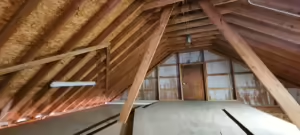
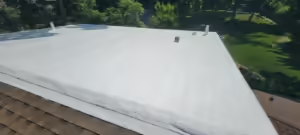
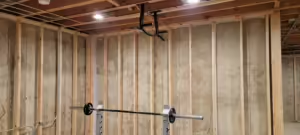
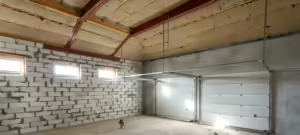

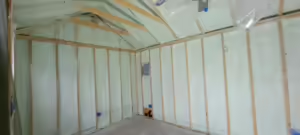
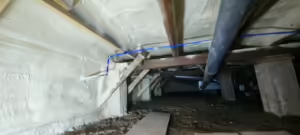
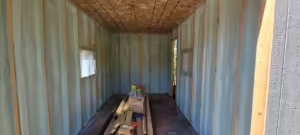
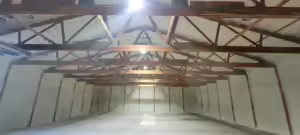


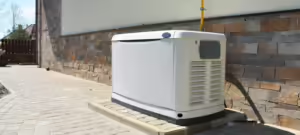
 Professional Insulation Services
Professional Insulation Services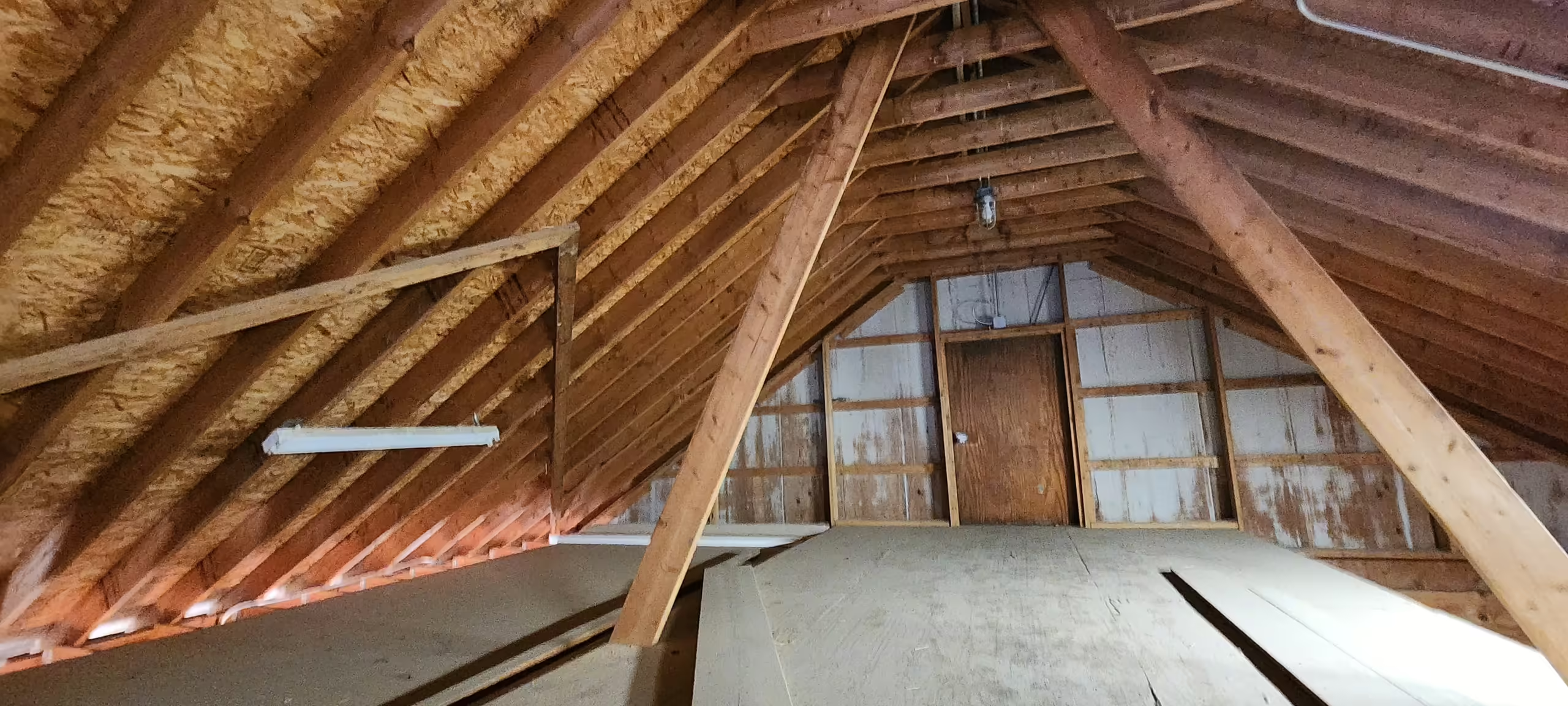 Attic Insulation Services
Attic Insulation Services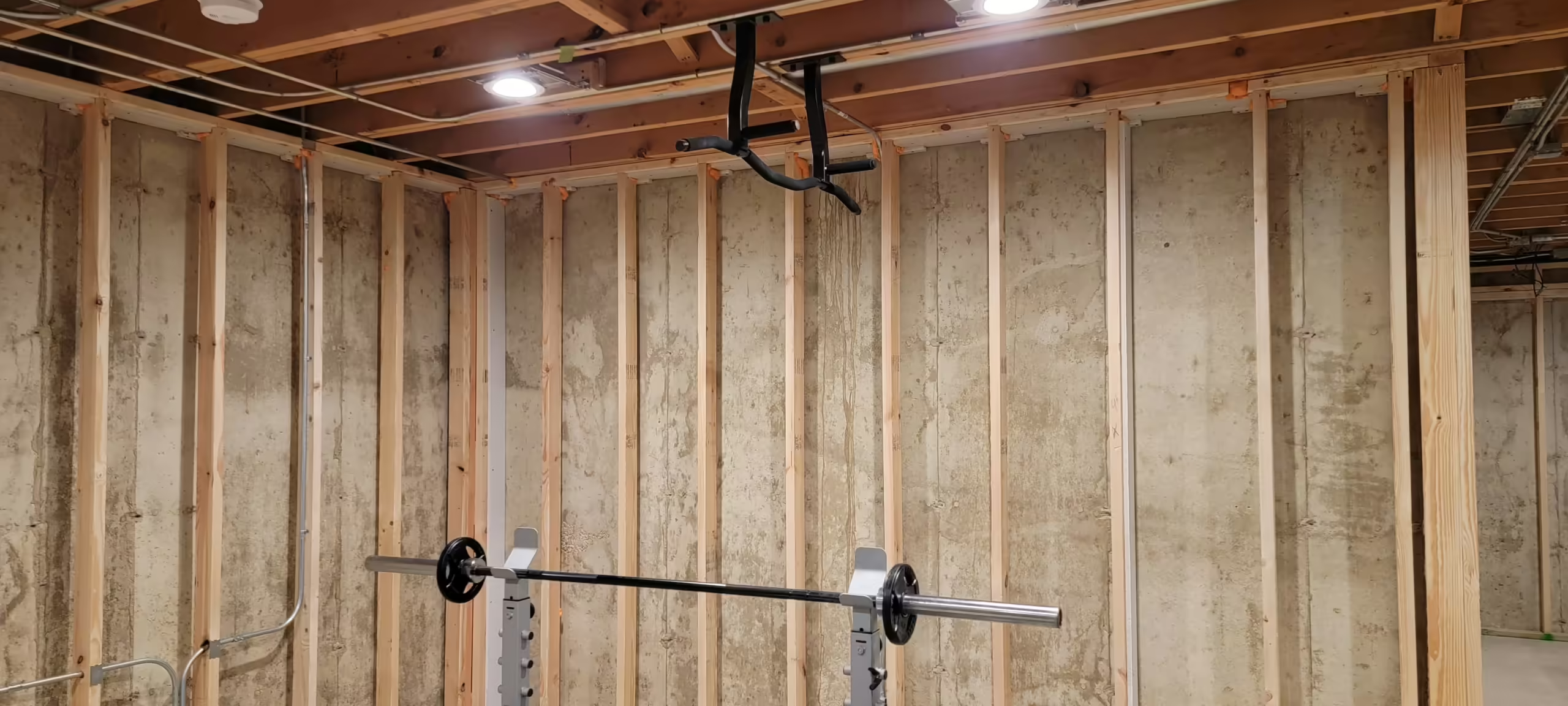 Basement Insulation
Basement Insulation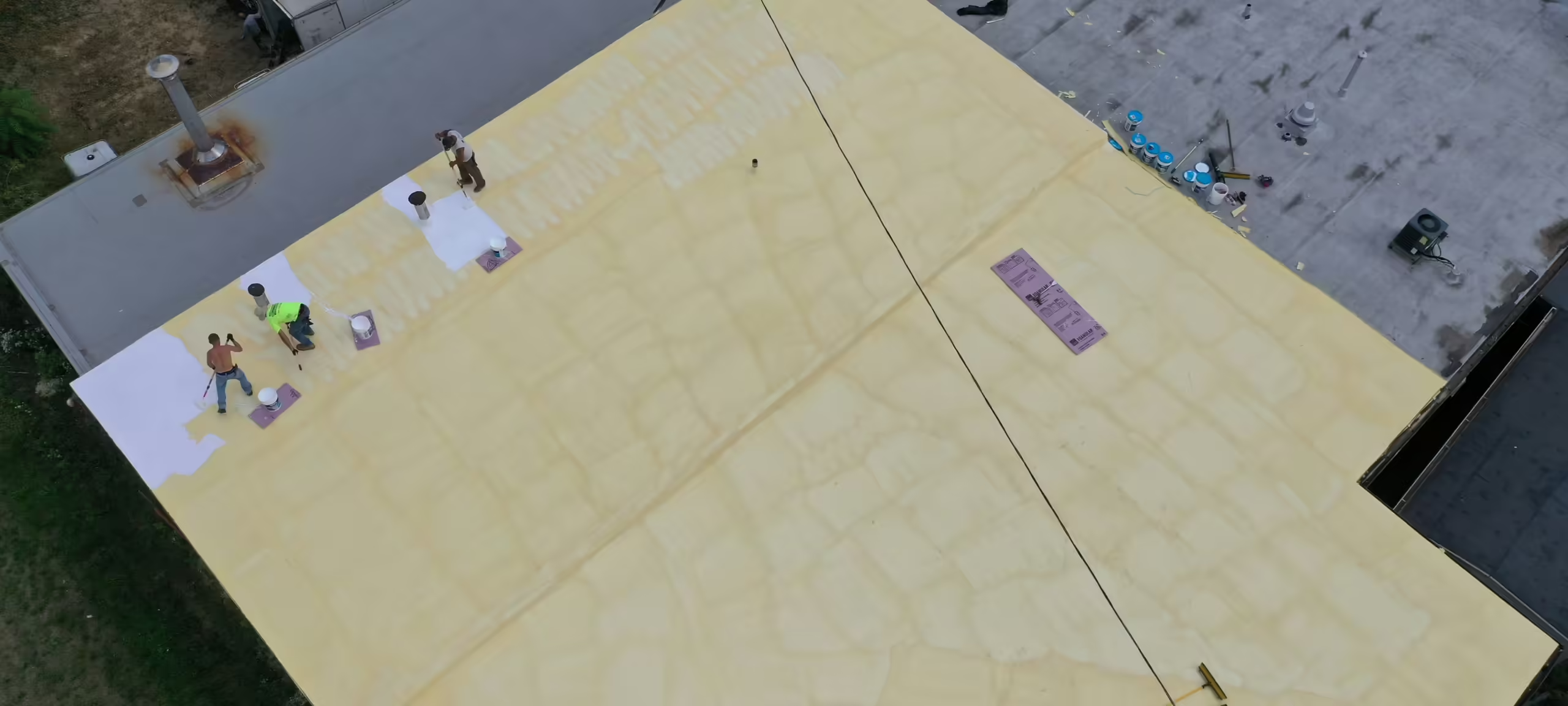 Commercial Insulation
Commercial Insulation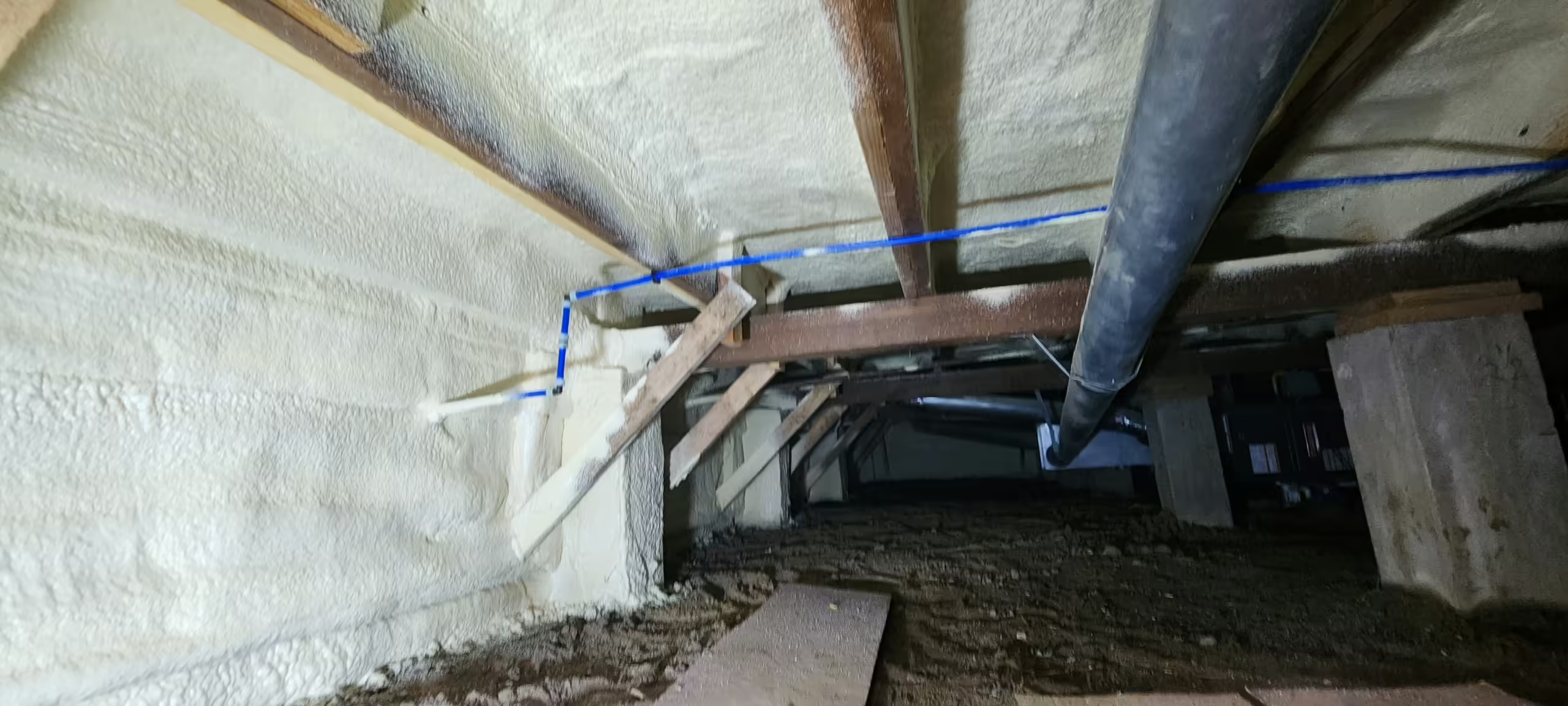 Crawl Space Insulation
Crawl Space Insulation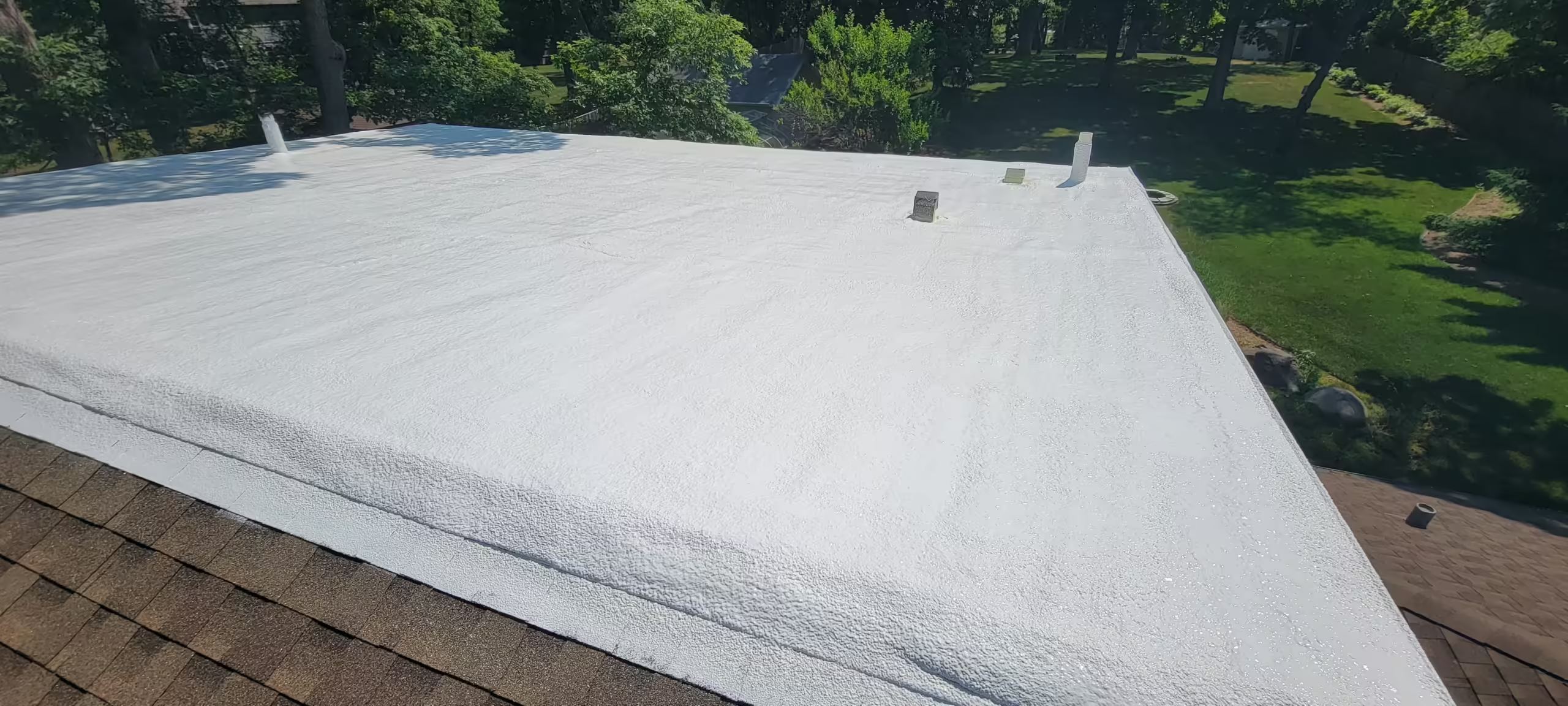 Exterior Wall Insulation
Exterior Wall Insulation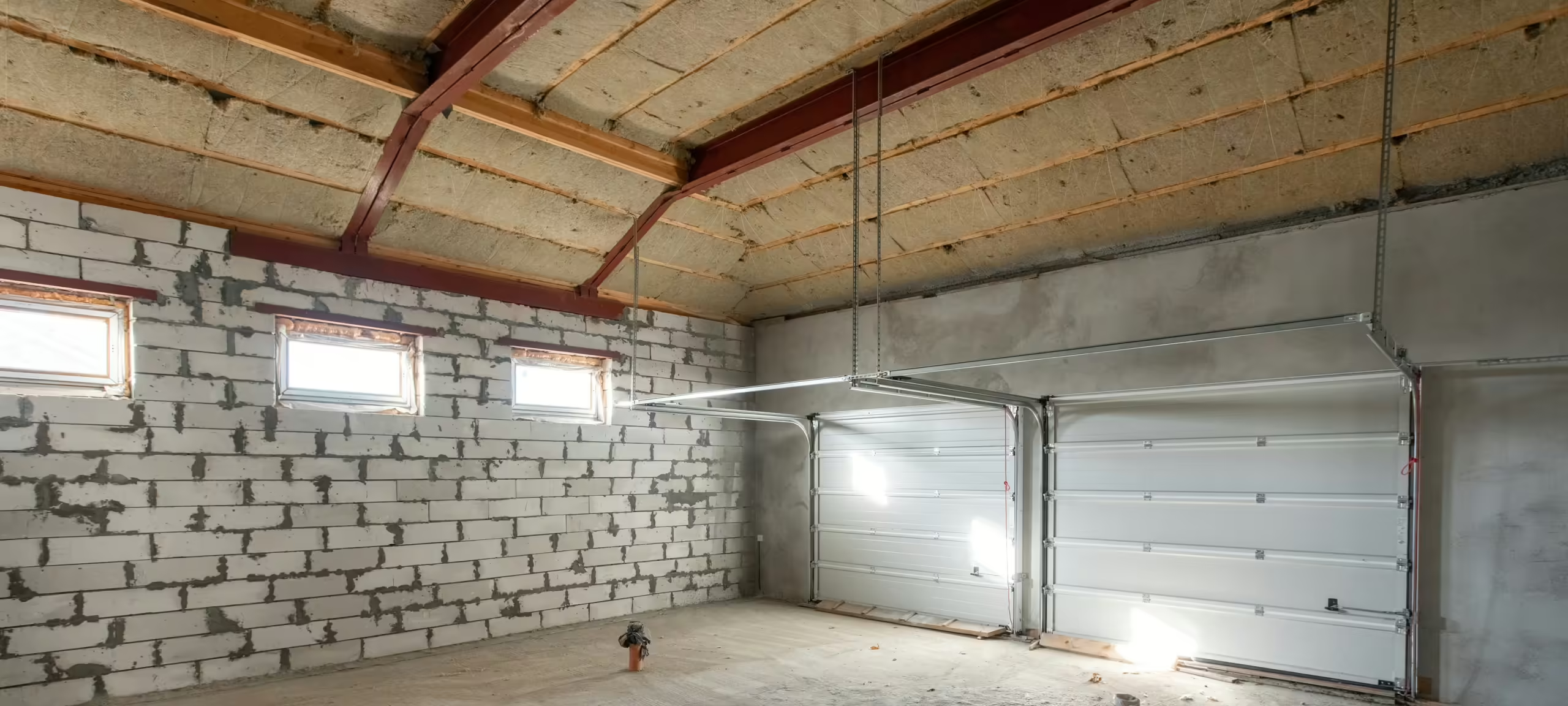 Garage Insulation
Garage Insulation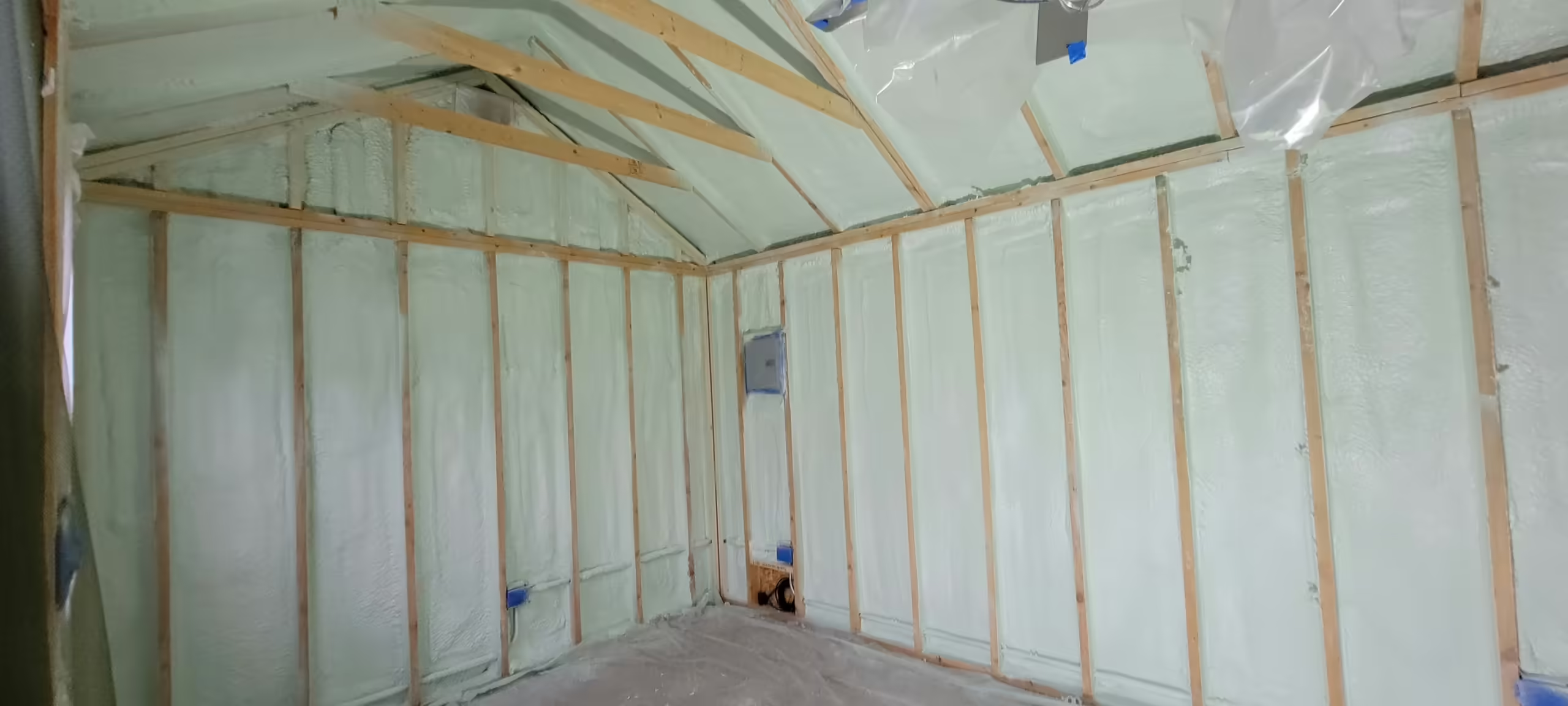 Interior Wall Insulation
Interior Wall Insulation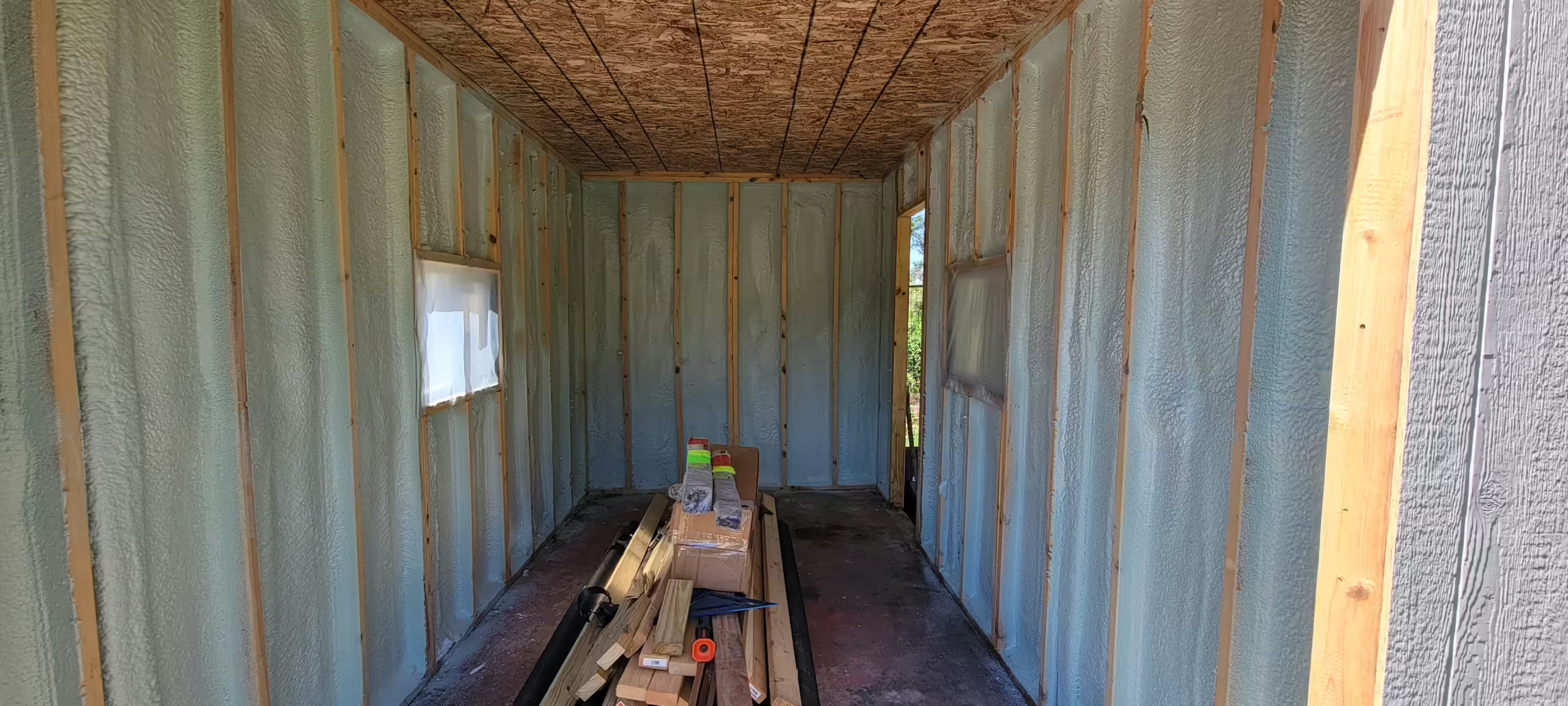 Shed Insulation
Shed Insulation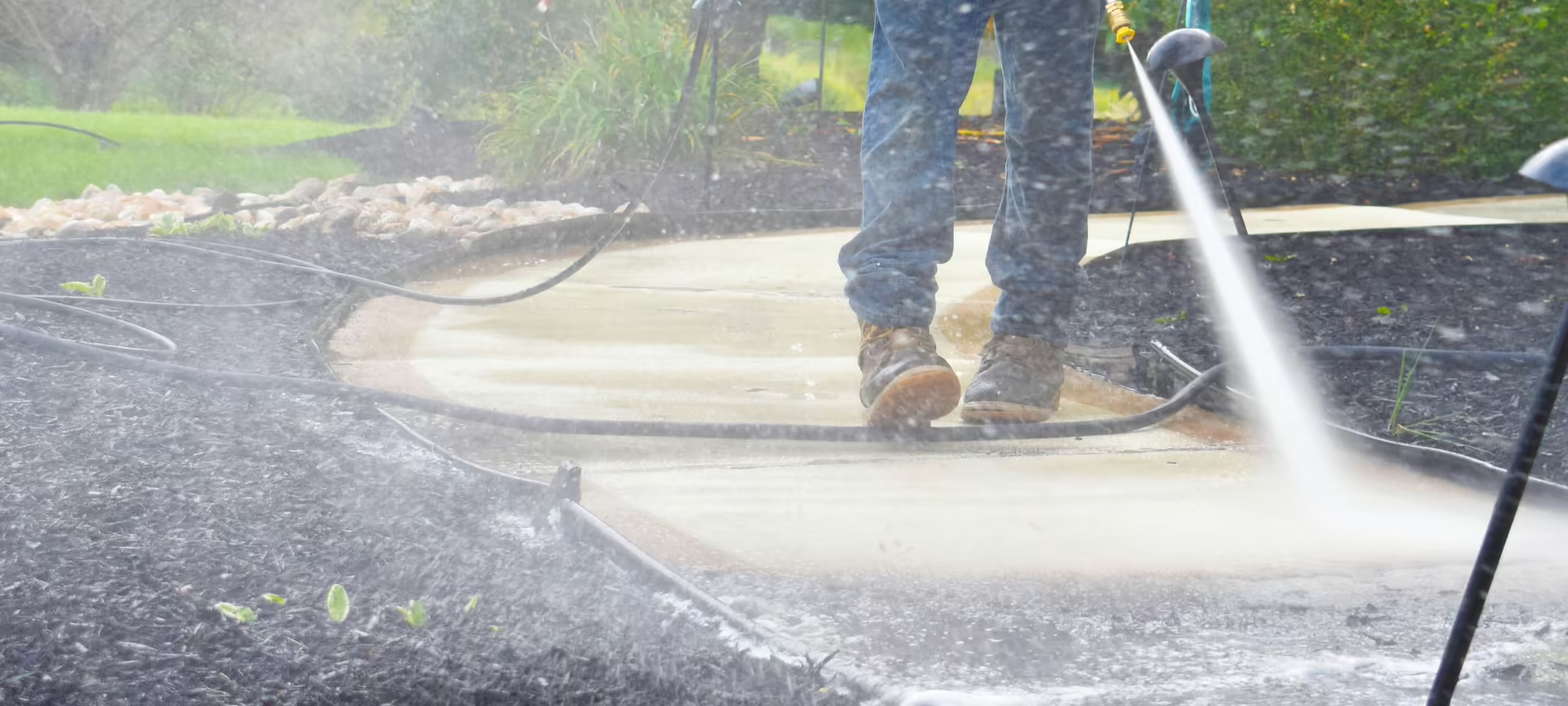 Power Washing
Power Washing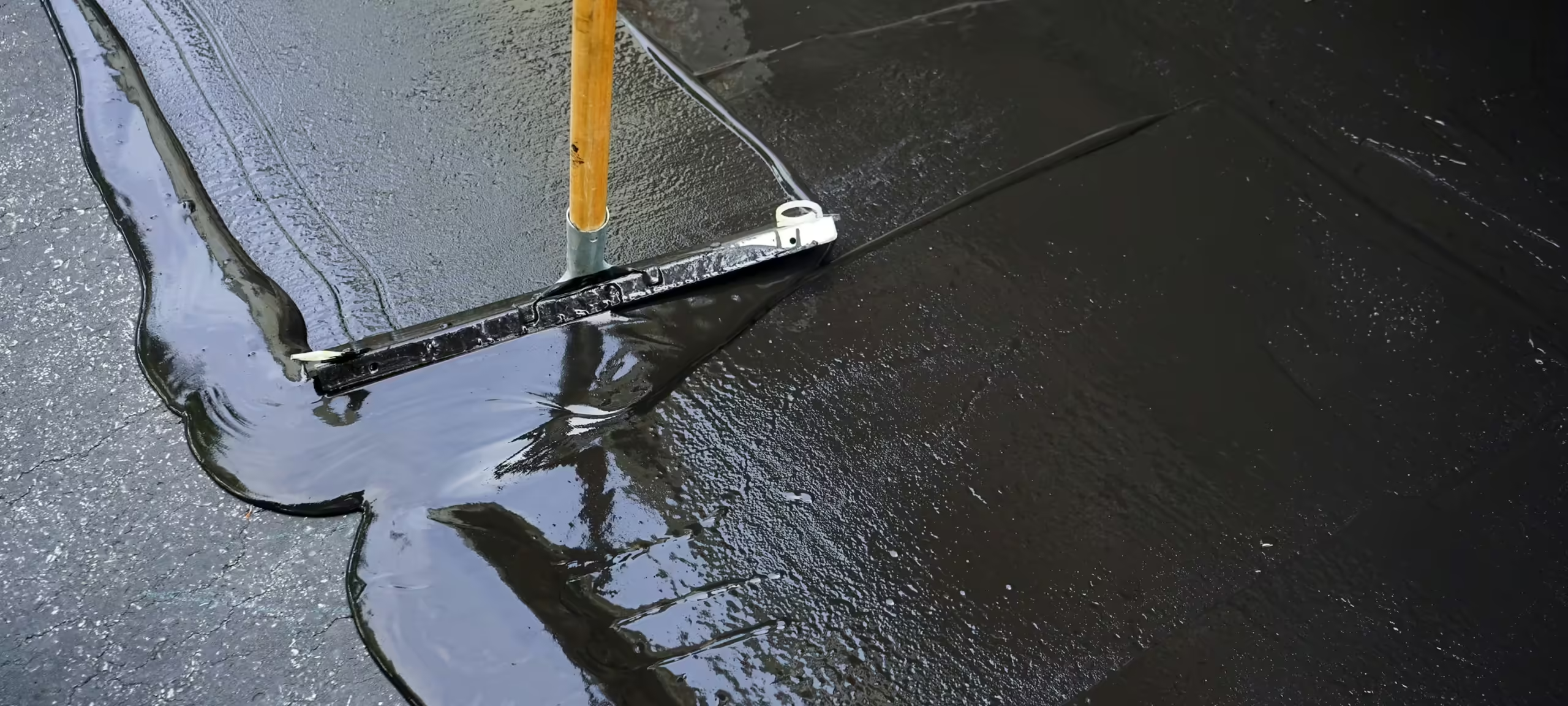 Sealcoating
Sealcoating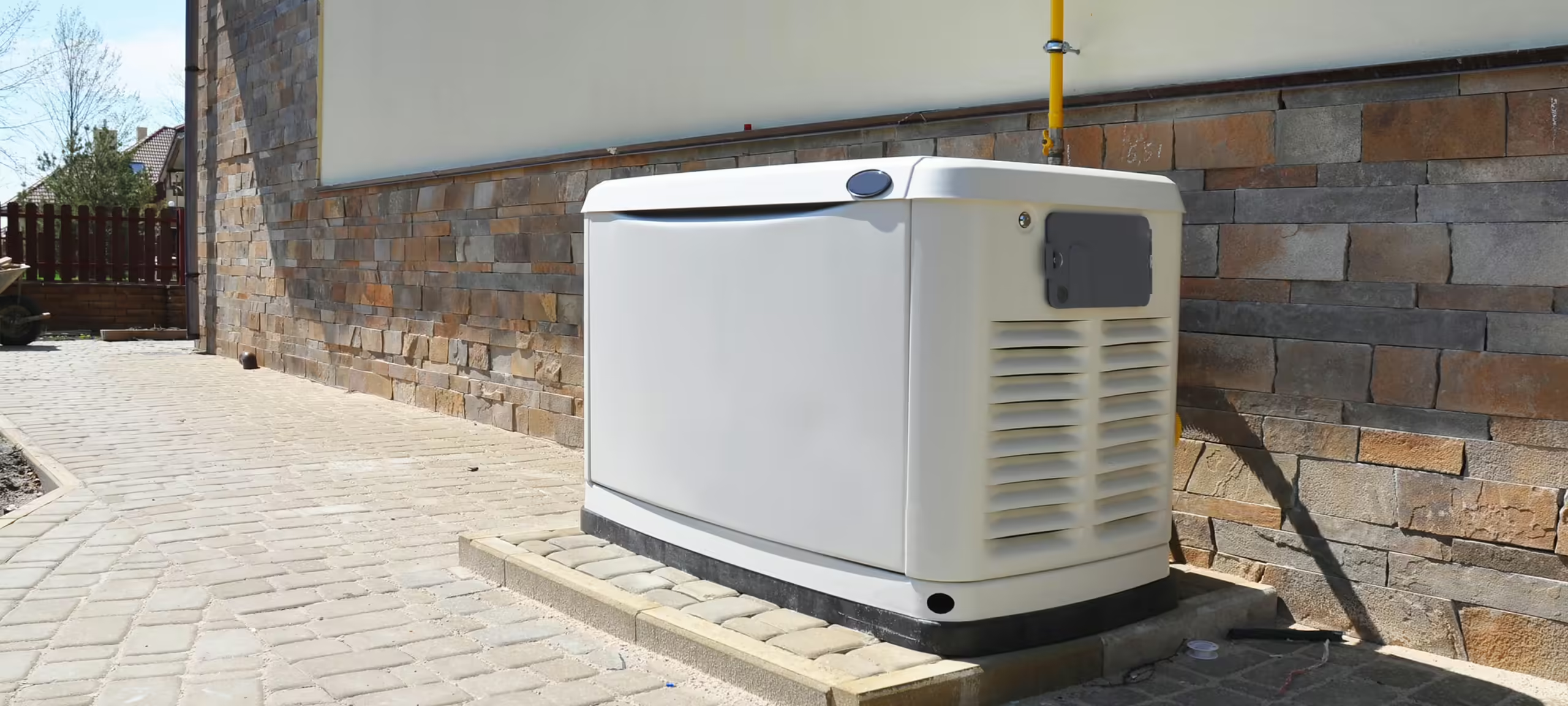 Backup Power Generators
Backup Power Generators Lake County Insulation
Lake County Insulation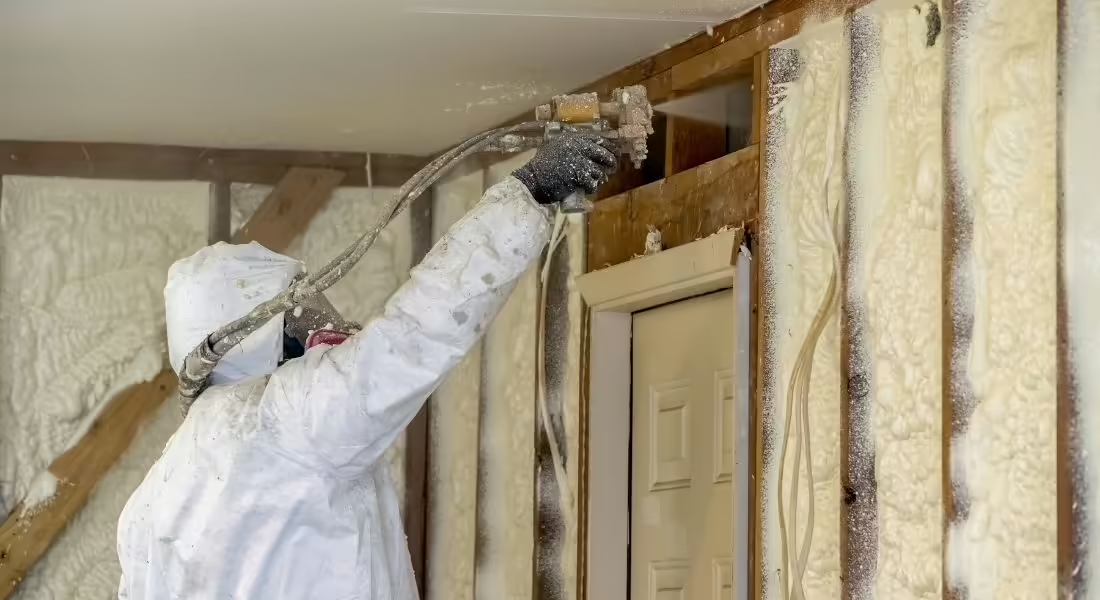 Spray Foam Insulation Guides
Spray Foam Insulation Guides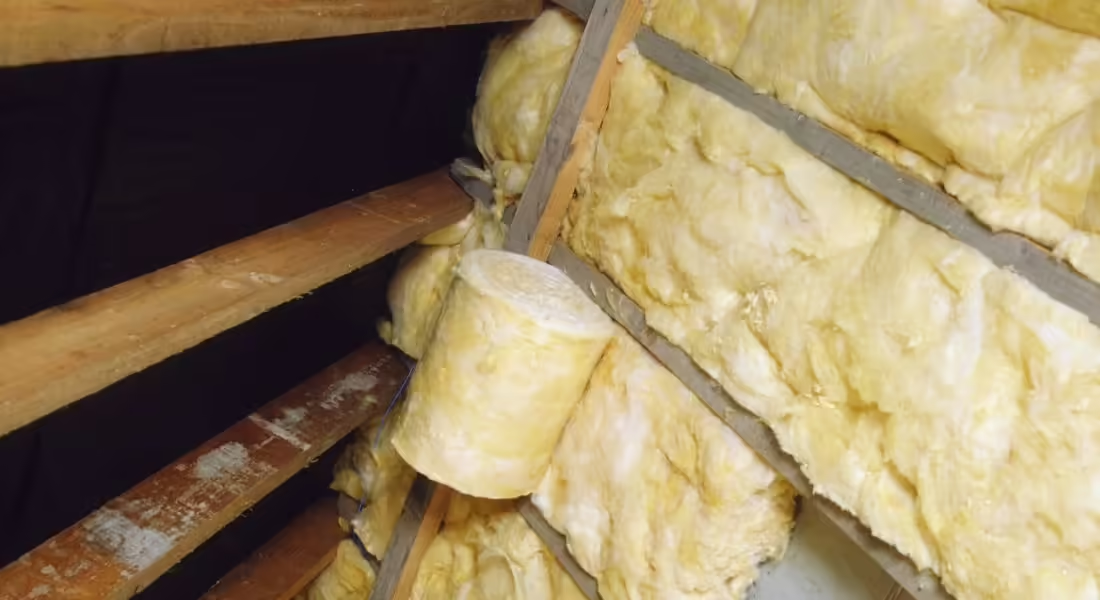 Insulation Guide
Insulation Guide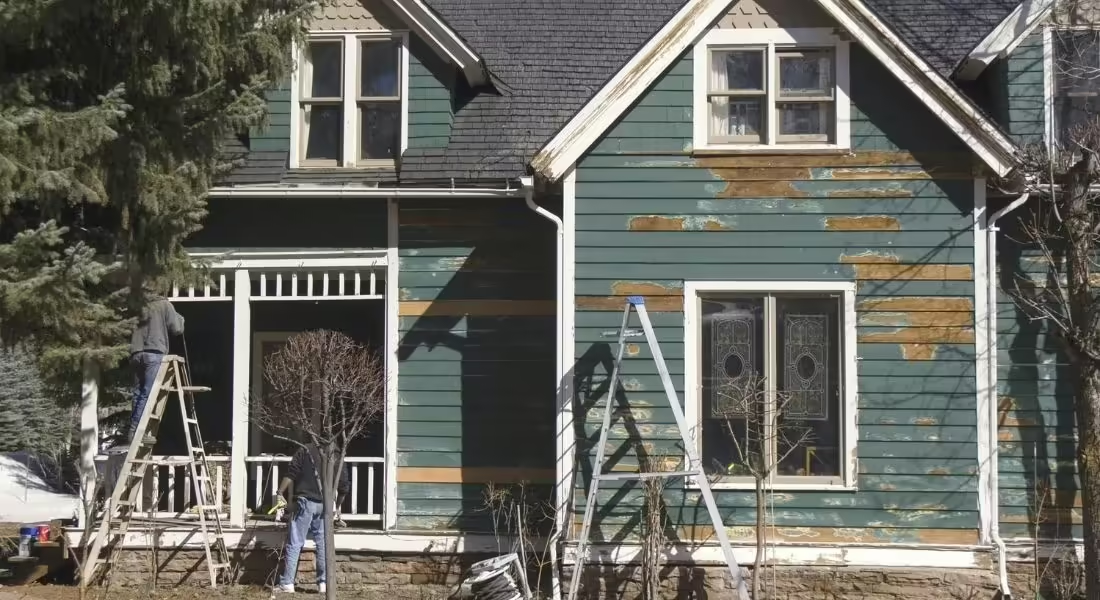 Home Improvement & Maintenance Guide
Home Improvement & Maintenance Guide